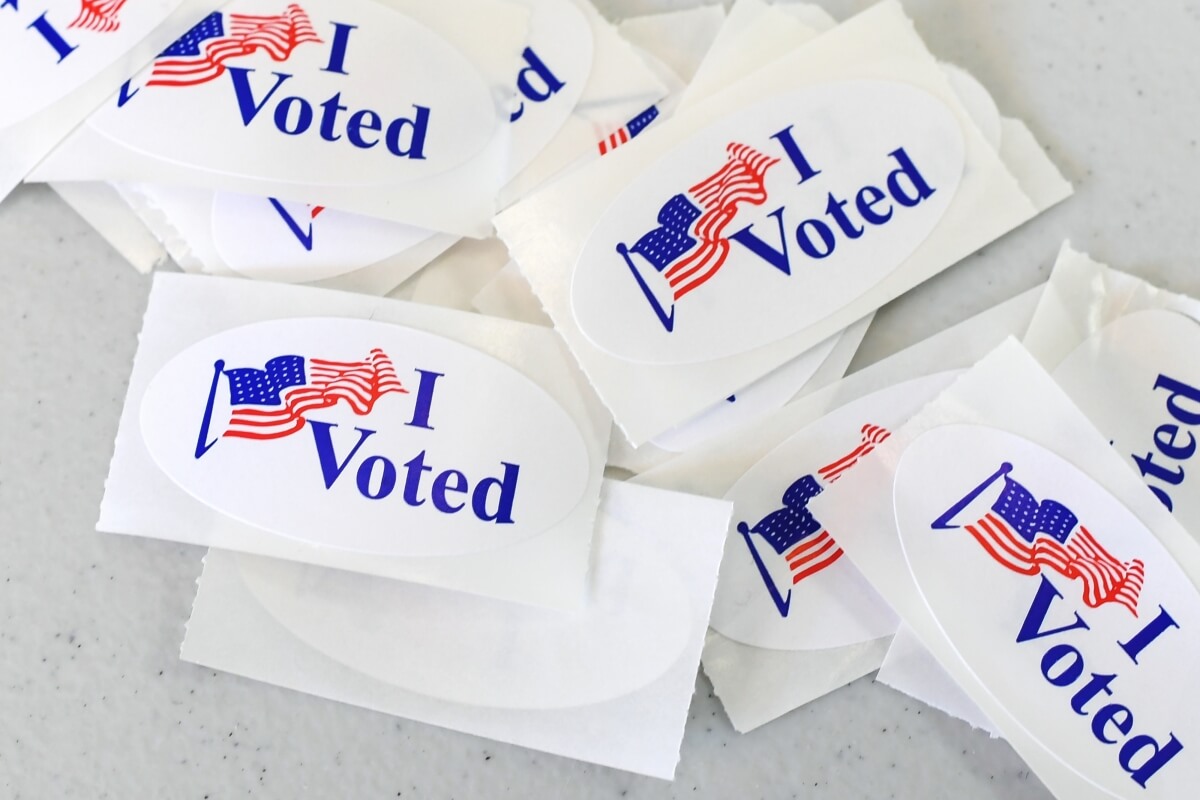In brief: Big tech is working closely with US intelligence agencies to secure the 2020 presidential election. Not much is known about what was discussed during the meetings, but Microsoft, Facebook, Twitter, and Google are said to have participated. The main focus areas were the curbing of disinformation campaigns and tighter coordination between tech companies and authorities.
Facebook, Twitter, Google and Microsoft have met with officials from Homeland Security, the FBI, and the Office of the Director of National Intelligence to discuss how to prepare for the 2020 US presidential election. Microsoft and Twitter confirmed their presence at the meeting, and a spokesperson for the latter described it as a "joint effort in response to a shared threat."
The discussions took place at Facebook's headquarters in Menlo Park, California, and covered plans on how to tackle potential security issues and prevent disinformation campaigns from achieving critical mass. In June, a Trump administration official expressed concerns that Russia, China, and Iran are all trying to sway public opinion ahead of the 2020 election.
The parties also discussed how to better coordinate security efforts, with Nathaniel Gleicher, Facebook's head of cybersecurity policy reportedly leading the talks. A Senate Intelligence Committee report that was released in July revealed that a lot of interference could have been avoided if tech companies and authorities would have worked together more closely. Instead, the government underestimated the threat and was unprepared to deal with cyberattacks.
Microsoft has been working on software tools to boost the security and public verifiability of voting done through paper ballots, as well as making it more accessible for those with disabilities.
Facebook wants to stop election interference using a fast action team that works in a "war room" and are able to track and shoot down fake news before they go viral.
We'll have to wait and see how effective the new strategy will be, especially after Russia had no problem targeting the 2018 midterm elections despite warnings from the DoD and US intelligence agencies that any meddling will trigger a cyberattack in return.
In the meantime, the Russian contractor that is tied to the 2016 election scandal is busy developing and selling phone spyware.
